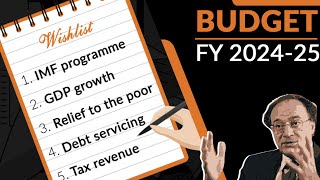Japan's two biggest banks by assets posted double-digit declines in annual profit on Wednesday, highlighting deepening challenges for lenders as the world's third-largest economy looks headed toward another downturn. Banks in Japan have been forced to deal for years with the unenviable task of navigating an ageing, shrinking population and massive central bank stimulus. The Bank of Japan's ultra-loose monetary policy has left them with razor-thin profit margins.
Now, there are signs of intensifying economic weakness on the horizon. A government assessment this week showed Japan may already be in recession due to the impact of a US-China trade war and weak external demand. That is likely to drive up bad debt costs for banks as more loans go sour. Both Mitsubishi UFJ Financial Group Inc (MUFG) and Mizuho Financial Group Inc on Wednesday also illustrated the cost required for Japanese lenders to evolve in the changing environment.
"We have decided we should be prepared for a certain amount of credit costs for this year," Mizuho Chief Executive Tatsufumi Sakai told a news conference, referring to money put aside to cover bad loans. Mizuho, Japan's second-largest bank by assets, reported an 83% percent decline in net profit, to 96.6 billion yen, in the year through March 2019. That marked its weakest performance since the global financial crisis when the bank fell to a loss. The result was widely expected after Mizuho slashed its outlook for the year two months ago.
The bank said it was hit by the cost of closing domestic branches and restructuring its securities portfolio. "The restructuring costs that the bank incurred in its domestic retail business highlight the challenges that Japanese banks face in keeping their retail businesses profitable amid an aging and shrinking population, and given the persistent ultra-low domestic interest rates," analyst Tetsuya Yamamoto of Moody's said in a client note.
MUFG reported a 12 percent decline in annual net profit, hit by a one-time charge at a credit card unit after it suspended the development of a new system due to increased competition from cashless services. Mizuho also announced a five-year business plan saying it needed to be able to respond quickly to structural changes, including Japan's low birthrate and the industry's increased use of technology. It said it would target consolidated net profit of 900 billion yen by 2023.
BR100
7,583
Increased By
39.5 (0.52%)
BR30
24,238
Increased By
202.6 (0.84%)
KSE100
72,797
Increased By
207.9 (0.29%)
KSE30
23,213
Increased By
76.4 (0.33%)






















Comments
Comments are closed.